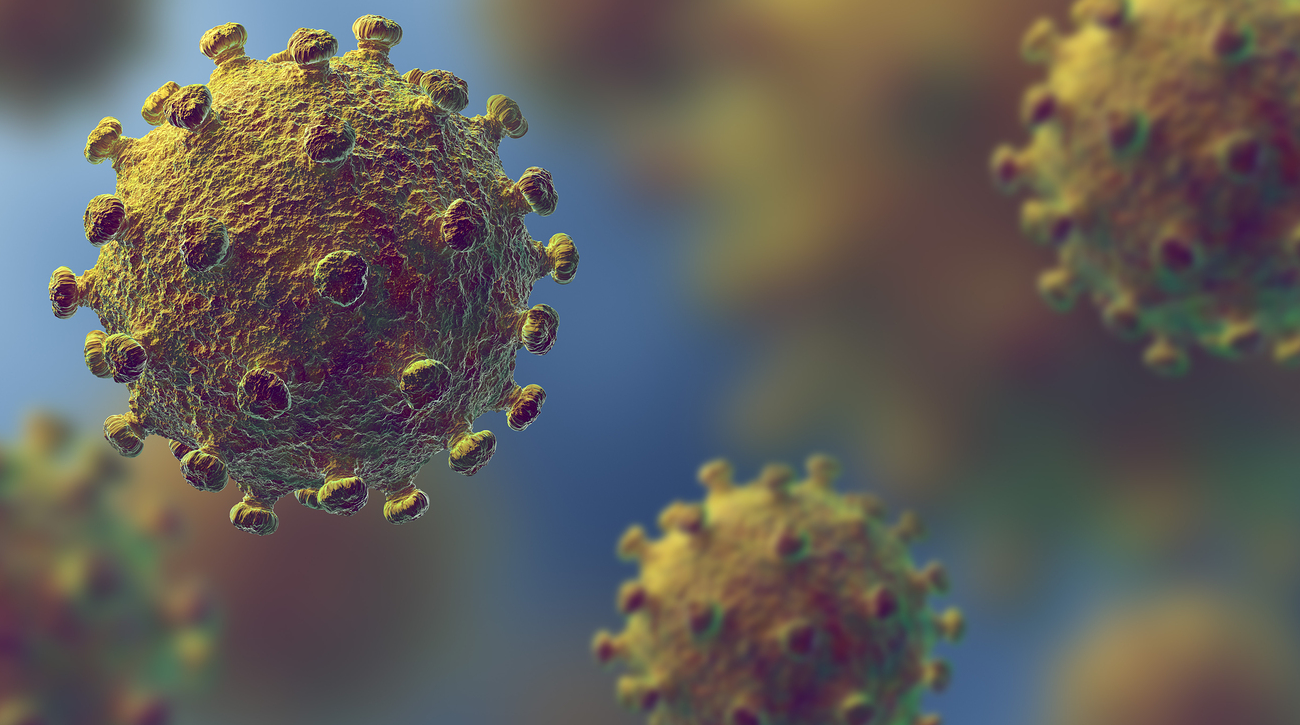WASHINGTON, D.C. – In January 2020, an outbreak of a serious respiratory illness caused by a new coronavirus was reported in Wuhan province of China. The novel coronavirus, or COVID-19, has since spread to other countries, including Taiwan, Thailand, Japan, South Korea, Singapore, across Europe, and the United States.
Milken Institute School of Public Health at the George Washington University has the following experts available to talk about the current crisis. To arrange an interview, please contact Kathy Fackelmann, [email protected], or Mina Radman, [email protected].
Lynn R. Goldman, MD, MS, MPH, the Michael and Lori Milken Dean of Milken Institute School of Public Health at the George Washington University, is an expert on emergency/public health preparedness and has deep knowledge of the intersection of policy and public health. She can talk about what’s known about COVID-19, prevention strategies and ways to protect society’s most vulnerable populations.
Ron Waldman, MD, MHP, a professor of global health, is an expert on infectious diseases. He can discuss medical infrastructure and emergency efforts like those underway to contain the current coronavirus outbreak.
Christopher Mores, ScD, professor of global health, is an arbovirologist and an expert on emerging infectious diseases. He can discuss laboratory diagnostic approaches, virus transmission patterns and global health security strategies to counter threats posed by outbreaks such as this.
Leana Wen, MD, MSc, a visiting professor of health policy and management, is an expert on governmental response to public health crises. An emergency physician and formerly the Health Commissioner for the City of Baltimore, Wen can discuss the medical and public response to the outbreak.
Jon Andrus, MD, an adjunct professor of global health, is an expert on epidemiology, vaccines, immunizations and response to emerging infectious disease threats. He previously served as the deputy director for the Pan American Health Organization, where he handled emergency response and preparedness.
Olga Acosta Price, PhD, is director of the Center for Health and Health Care in Schools and an associate professor of prevention and community health. She can provide expertise on topics related to advancing school-community partnerships during the coronavirus outbreak and how they can work collaboratively to promote the social, emotional, behavioral health and academic needs of children, teens and their families in times of crisis.
David Michaels, PhD, is a professor of environmental and occupational health. An epidemiologist with extensive experience in research, regulatory and public policy, he can discuss how COVID-19 impacts workplace health and safety, and related policy issues. One of the nation’s leaders in workplace safety, he served as Assistant Secretary in the Occupational Safety and Health Administration in the Obama administration.
Melissa Perry, PhD, ScD, MHS, is chair of the Department of Environmental and Occupational Health. She has conducted significant research on factors in occupational injury and disease, and can discuss the impact of the pandemic on workers at food service and fast food locations, meat-packing plants, construction sites, and agricultural operations, and interventions that can be used to protect them.
Patricia Pittman, PhD, is director of the Fitzhugh Mullan Institute for Health Workforce Equity. An expert in health workforce systems and innovation, Dr. Pittman can provide expertise on topics related to health workforce staffing and needs during the COVID-19 pandemic, as well as predictions on the impact of the pandemic on the healthcare system.
William Dietz, MD, PhD, is director of the Sumner M. Redstone Global Center for Prevention and Wellness. An expert on obesity and prevention, he can discuss the possible impact and connection of obesity and other pre-existing health conditions and COVID-19.
Wendy Ellis, DrPH, MPH, is director of the Center for Community Resilience. She is an expert on programs and policy initiatives public officials can use to address ACEs - adverse childhood experiences and adverse community environments. She can discuss how the COVID-19 pandemic relates to these ACEs, health disparities, children, and minority and low-income communities.
Anne Monroe, MD, MSPH, is an associate research professor of epidemiology. She can provide expertise on topics related to testing, transmission and public health response toward COVID-19.
Laura Guay, MD, is a research professor of epidemiology. She can speak to global topics related to the pandemic, including COVID-19 transmission, tracing and mitigation in Africa.
Susan Anenberg, PhD, is an associate professor of environmental and occupational health. She can provide expertise on the health implications of air pollution and climate change, how COVID-19 stay-at-home orders have impacted air pollution, from local to global scales.
Dan Goldberg, PHD, is a research scientist in the Department of Environmental and Occupational Health. He can provide expertise on the impact of COVID-19 stay-at-home orders on air pollution and climate change using satellite data.


